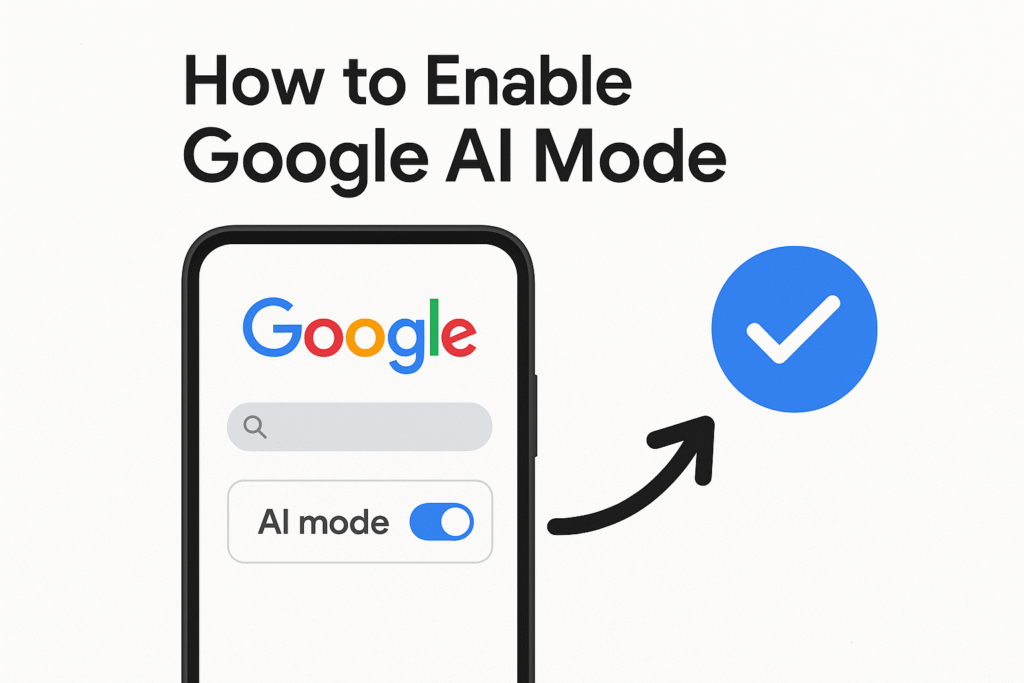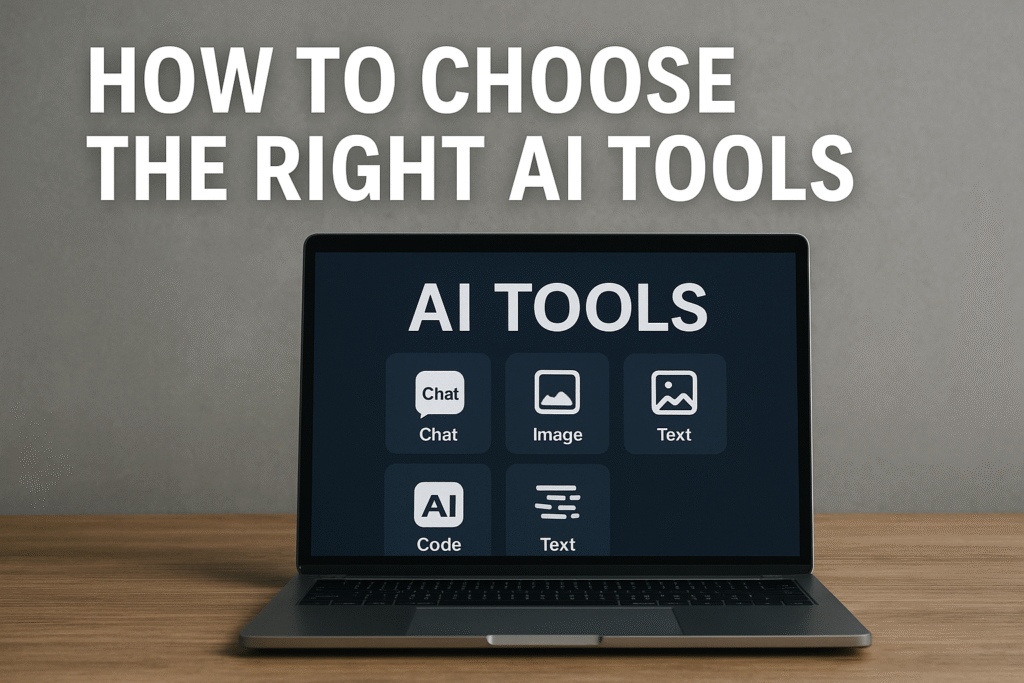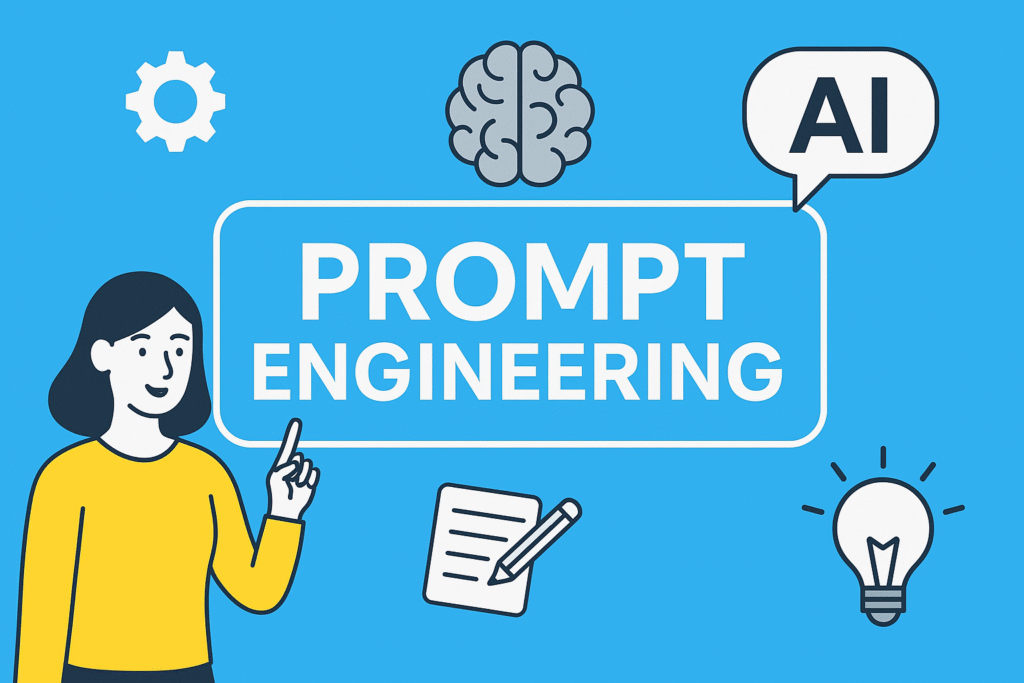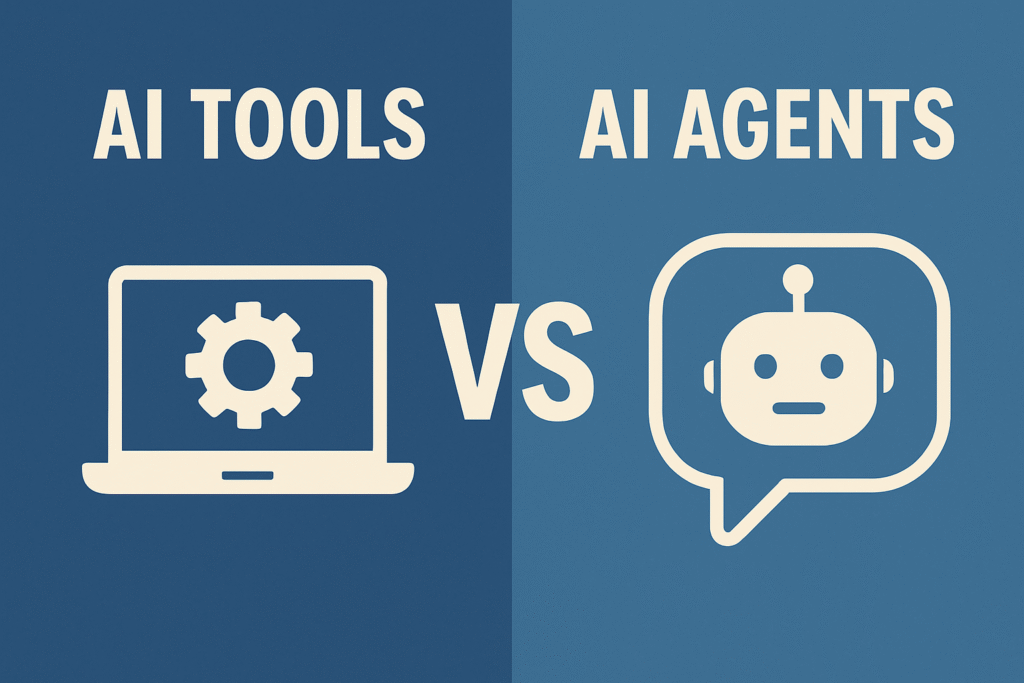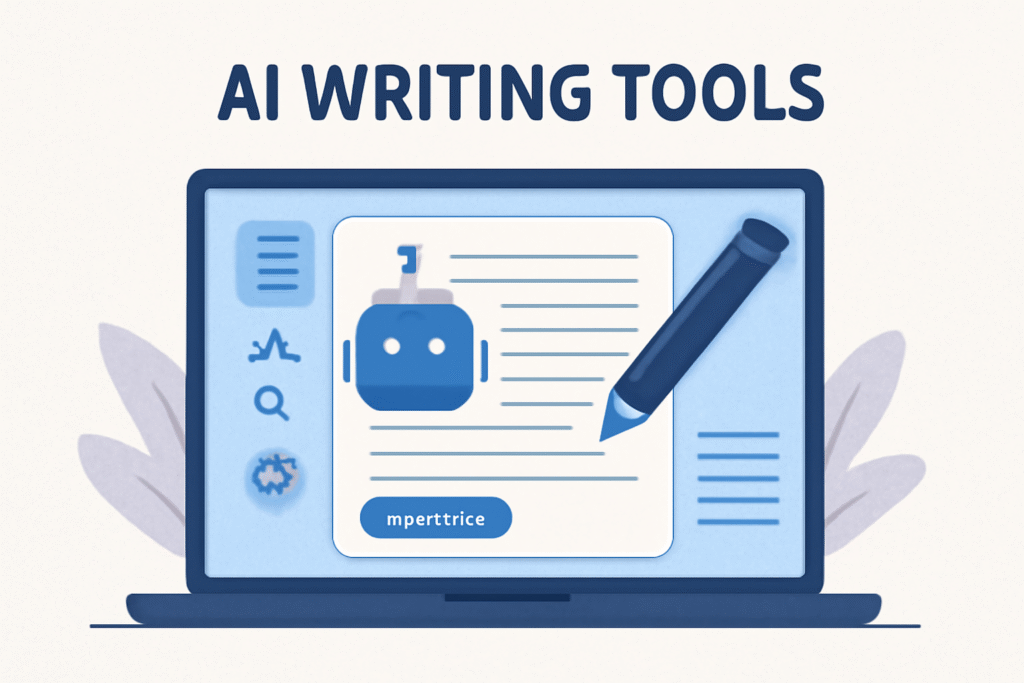Artificial Intelligence (AI) is transforming industries worldwide, and accounting is no exception. According to the Gartner Survey in 2024, 58% of organizations reported using AI in their finance functions, a significant rise from 21%, the previous year.
This growth reflects the industry’s shift towards automation and smarter data handling, need for greater accuracy, efficiency, and the ability to manage vast amounts of data.
In this blog, we’ll explore how AI is revolutionizing accounting and guide you through the steps to implement it effectively to grow your business.
What is the Role of AI in Accounting?
AI in accounting means using technology like machine learning and data analysis to speed up tasks and make them more accurate than traditional methods. It helps accountants by automating repetitive tasks such as bookkeeping, auditing, and tax preparation, while also giving better insights into financial data.
Here are some key roles AI plays in Accounting:
- Automation of repetitive tasks
- Predictive analytics
- Fraud detection
- Tax compliance
How to Implement AI in Accounting?
Implementing AI in accounting may seem complicated at first, but with a structured method, it becomes manageable. Here’s a simple step-by-step process to help you:
- Evaluate your needs: Firstly, identify the needs and tasks of your business that can be solved by AI. Start with basic routine tasks like data entry, invoice processing, or bookkeeping.
- Choose the right AI tools: This is a crucial step. Select AI tools that fit your business’s specific needs and integrate seamlessly with your in-built system. Take time to research different tools and compare their features.
- Prepare your Data: Organize and clean your data before applying it into the AI system. The quality of your data directly influences the effectiveness of AI.
- Train your team: Once you have selected the tool, take some time to train your team. As well integrate AI tools in business with help of your IT department.
- Monitor and Adjust: After a few days of using software, review how things are going.Is it working as expected? If not, adjust processes as necessary to ensure maximum efficiency and accuracy.
Benefits of AI in Accounting
Examples of AI in Accounting
Challenges in Adopting AI in Accounting
Top 3 AI Software for Accounting
1. Docyt
Best for: Small to medium-sized businesses, accounting firms, and franchise operators seeking AI-driven automation for bookkeeping and financial workflows.
Key Features:
- AI-Powered Bookkeeping Automation
- Real-Time Financial Reporting
- Multi-Entity Accounting Support
- Collaboration and Workflow Tools
2. Sage Intacct
Best for: Growing businesses needing advanced financial control and those with multi-entity structures.
Key Features:
- Real-time Financial Insights:
- Automation of Financial Processes
- Multi-Entity and Global Accounting
- AI-Driven Budgeting
3. Eleven
Best for: Startups and small businesses looking for an user-friendly tool with advanced features to automate daily accounting operations.
Key Features:
- Cash Flow Forecasting
- Expense Management
- Real-Time Analytics
- Cloud Integration
Conclusion
AI is no longer just a tool, it’s becoming a lifestyle for businesses. By automating repetitive tasks, improving accuracy, and providing valuable insights, AI is helping accountants and businesses work smarter.
While challenges exist, such as implementation costs and data quality, the benefits far outweigh the hurdles. With the right tools and a clear strategy, any business owner can focus on growing their business and make more informed financial decisions.
FAQs
1. How much does AI in accounting cost?
The cost of implementing AI in accounting depends on the software you choose, the size of your business, and the complexity of your requirements. Small businesses may find affordable solutions, while larger companies may invest in more advanced systems.
2. Is AI in accounting suitable for small businesses?
Yes, AI can be particularly beneficial for small businesses by automating routine tasks, saving time, and reducing errors.
3. What are the most common applications of AI in accounting?
Common applications include automated bookkeeping, invoice processing, fraud detection, and financial forecasting.
4. Can AI replace accountants?
AI is designed to assist accountants, not replace them. It handles repetitive tasks, allowing accountants to focus on higher-value activities like analysis and strategy.
5. How secure is AI in accounting?
AI in accounting uses encryption and other security measures to protect financial data. However, businesses should ensure they comply with data protection regulations when implementing AI tools.
6. What are the key challenges when adopting AI in accounting?
Some of the main challenges include high implementation costs, data quality issues, resistance from employees, and concerns around regulatory compliance.
Reference Link:



